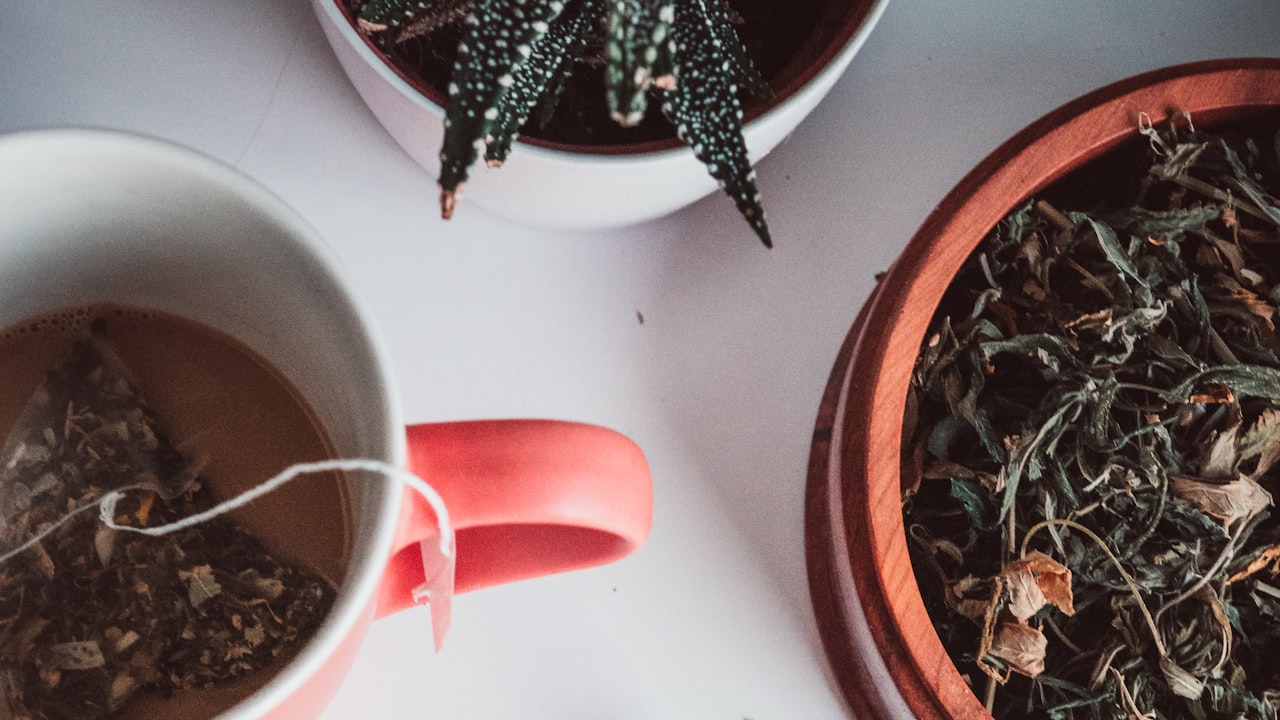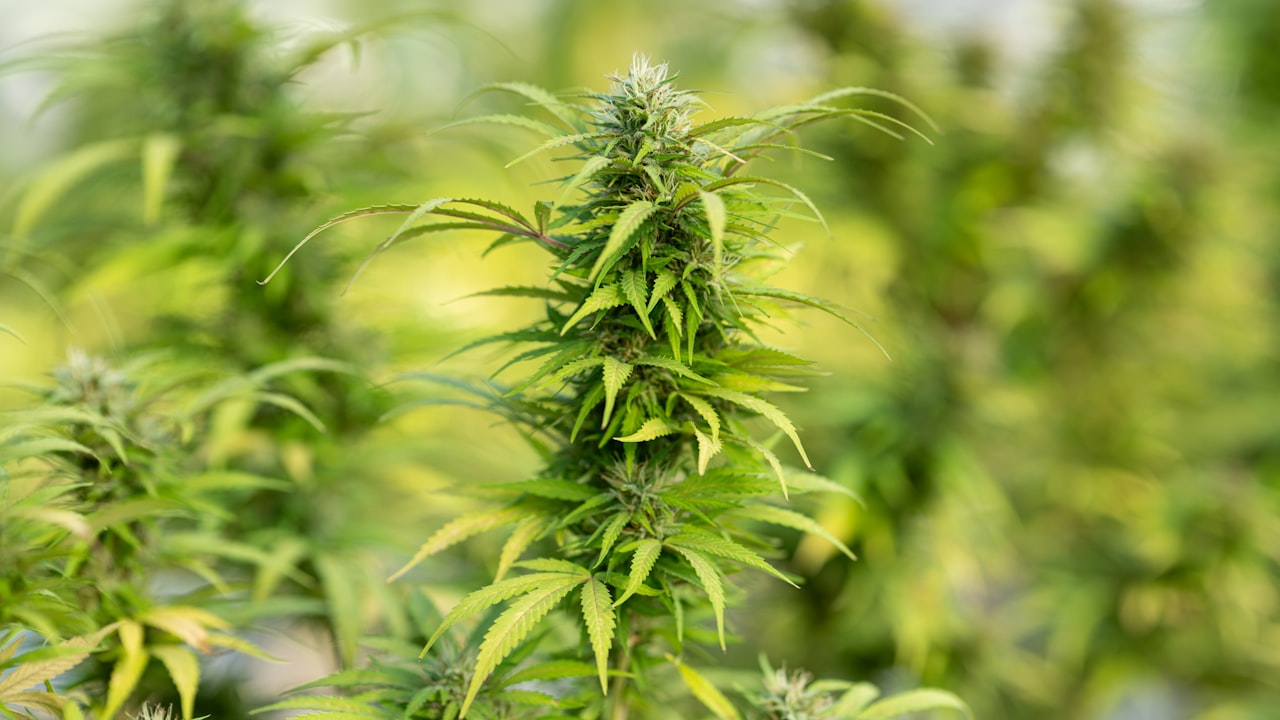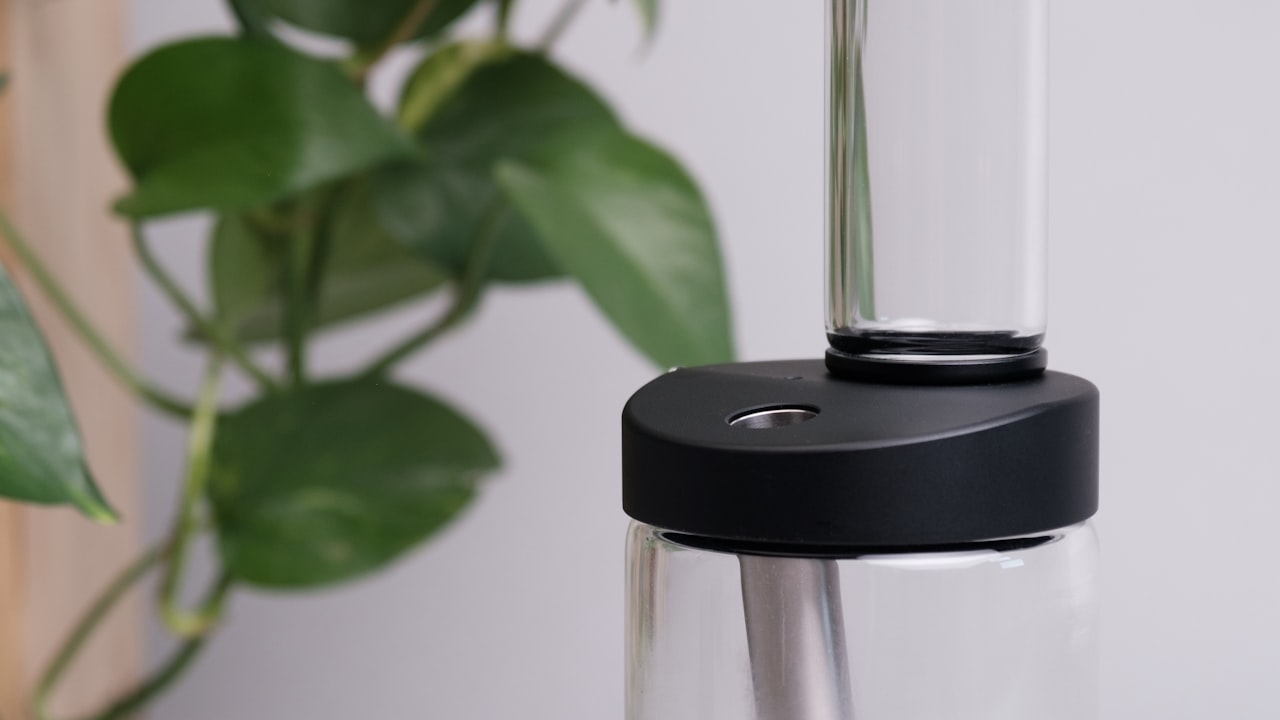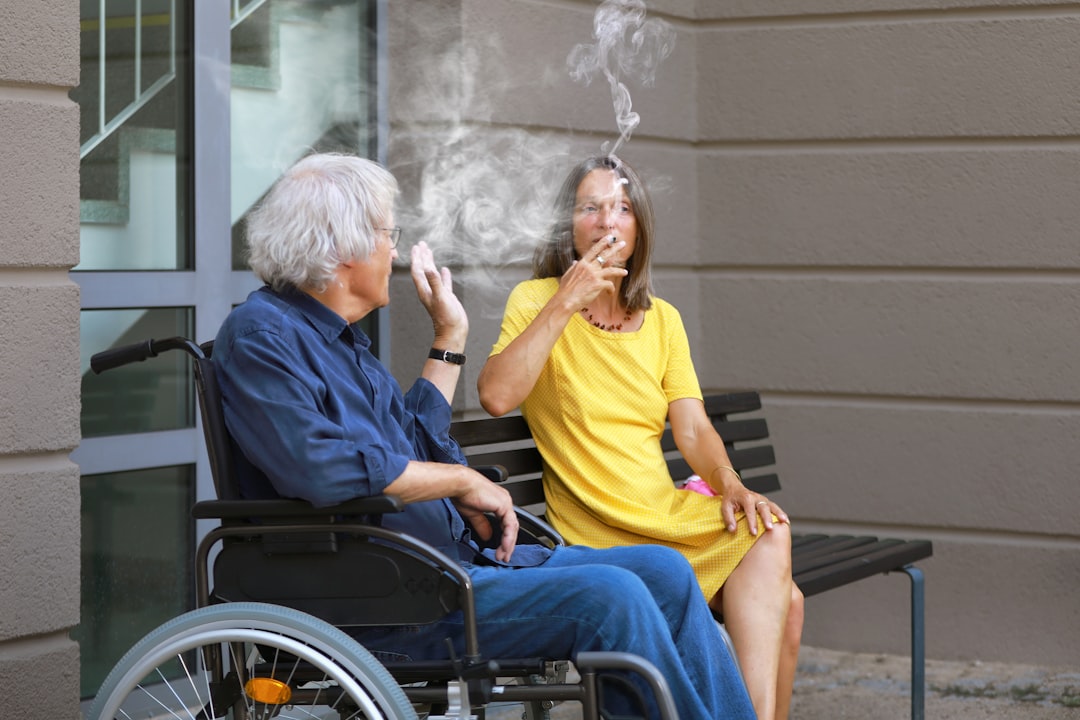Smoking CBD has become an increasingly popular method of consuming this non-psychoactive cannabinoid in the hemp plant. While CBD is often praised for its potential therapeutic benefits, smoking raises questions about safety, effectiveness, and legality. In this comprehensive guide, we’ll explore everything you need to know about smoking CBD, including:
Table of Contents
- What is CBD?
- CBD vs. THC
- How CBD works in the body
- What are the benefits of smoking CBD?
- Pain relief
- Anxiety and depression relief
- Anti-inflammatory properties
- Neuroprotective effects
- Addiction management
- What are the potential risks of smoking CBD?
- Respiratory issues
- Addiction
- Drug interactions
- Lack of regulation
- How to smoke CBD?
- Types of CBD smoking products
- Dosage and potency
- Methods of smoking
- CBD smoking tips
- Choosing the best hemp strains
- Proper storage
- Avoiding harmful additives
- Legalities of smoking CBD
- The federally legal status of hemp-derived CBD
- State laws on smoking CBD
- FAQs
- Will smoking CBD get me high?
- Is smoking CBD as effective as other methods of consumption?
- How long do the effects of smoking CBD last?
- Can you overdose on CBD?
- Will smoking CBD show up on a drug test?
What is CBD?
Before we dive into the details of smoking CBD, let’s start with the basics. CBD, short for cannabidiol, is a natural compound in the hemp plant. Unlike its cousin THC, CBD is non-psychoactive, meaning it won’t get you high.
CBD vs. THC
While CBD and THC are cannabinoids found in the cannabis plant, they have different effects on the body. THC is the psychoactive compound responsible for marijuana’s euphoric effects, whereas CBD has no intoxicating effects.
How CBD works in the body
CBD interacts with the body’s endocannabinoid system (ECS), a complex network of receptors, enzymes, and endocannabinoids that helps regulate many bodily functions, including mood, appetite, sleep, and pain. CBD interacts mainly with two receptors in the ECS, known as CB1 and CB2 receptors.
What are the benefits of smoking CBD?
CBD has been touted for its potential therapeutic effects in various conditions. While more research is needed, some studies suggest that smoking CBD could have the following benefits:
Pain relief
Smoking CBD could help alleviate chronic pain by reducing inflammation and modifying pain perception. A 2018 review of studies on CBD and pain found that CBD effectively reduced pain associated with conditions such as multiple sclerosis, rheumatoid arthritis, and cancer.
Anxiety and depression relief
CBD has been shown to have anxiolytic and antidepressant effects in animals and humans. A 2019 study found that smoking CBD reduced anxiety and improved sleep in patients with anxiety and sleep disorders.
Anti-inflammatory properties
Many diseases and conditions involve inflammation as a contributing factor. Smoking CBD could help reduce inflammation by interacting with the body’s immune system. A 2015 study found that CBD reduced inflammation and oxidative stress in animal models of multiple sclerosis.
Neuroprotective effects
CBD has shown promise as a neuroprotective agent, meaning it could help protect the brain from damage and degeneration. A 2010 study found that CBD could protect against oxidative stress, inflammation, and cell death in animal models of neurological disorders like Alzheimer’s and Parkinson’s.
Addiction management
Finally, smoking CBD could help manage drug addiction like opioids and nicotine. A 2018 study found that CBD reduced cue-induced cravings and anxiety in people with a history of heroin use.

What are the potential risks of smoking CBD?
Although smoking CBD is generally considered safe, there are some potential risks associated with this method of consumption.
Respiratory issues
Smoking anything, even CBD, can irritate the lungs and lead to respiratory issues like bronchitis and lung infections. While smoking CBD flower is less harmful than smoking cigarettes, it is still important to be aware of the potential risks.
Addiction
While CBD is not considered addictive, smoking anything can be habit-forming. Over time, the ritual of smoking CBD could become a difficult habit to break.
Drug interactions
CBD can interact with other medications you may be taking, including blood thinners and seizure medications. You must consult your doctor before smoking CBD if you take prescription medications.
Lack of regulation
The CBD industry is largely unregulated, often lacking product quality, purity, or potency oversight. Choosing reputable CBD brands and products is essential to avoid harmful additives or contaminants.

How to smoke CBD?
There are various ways to smoke CBD, each with advantages and disadvantages.
Types of CBD smoking products
CBD flower, or hemp flower, is the most popular method of smoking CBD. It is often sold in pre-rolled joints but can also be purchased as loose flower. Other CBD smoking products include concentrates like wax and shatter, vape cartridges, and edibles like gummies and chocolates.
Dosage and potency
The dosage and potency of CBD smoking products can vary widely. It is important to choose a product with a consistent and accurate dosage. Start with a low dose and gradually increase until you achieve the desired effects.
Methods of smoking
Smoking CBD flower can be done using various methods, including joints, pipes, and bongs. Vaping is also a popular alternative to smoking, as it is considered less harmful to the lungs.
CBD smoking tips
If you are interested in smoking CBD, there are a few things to keep in mind to ensure a safe and enjoyable experience.
Choosing the best hemp strains
Not all hemp strains are created equal. Some strains have higher levels of CBD than others, while some have more flavorful or aromatic profiles. Research different strains and choose one that fits your preferences and needs.

Proper storage
Proper storage is important for maintaining the potency and freshness of CBD flower. Store it in an airtight container in a cool, dark place, away from heat and sunlight.
Avoiding harmful additives
Some CBD products may contain harmful additives like pesticides or heavy metals. Choose third-party tested products with batch-specific lab reports available for review.
Legalities of smoking CBD
The legality of smoking CBD is a complex issue. While hemp-derived CBD with less than 0.3% THC is legal federally, some states have stricter laws regarding CBD use. It is essential to check your state’s laws and regulations before smoking CBD.
Conclusion
Smoking CBD can be a safe and effective way to experience the potential therapeutic benefits of this non-psychoactive cannabinoid. While some potential risks are associated with smoking any substance, these risks can be mitigated with proper precautions and responsible use. Remember always to choose high-quality CBD products from reputable brands, and consult with your doctor before use if you are taking any prescription medications.
FAQs
Will smoking CBD get me high?
No, smoking CBD will not get you high. CBD is non-psychoactive, meaning it does not produce the euphoric effects of THC.
Is smoking CBD as effective as other methods of consumption?
Smoking CBD can be an effective method of consuming CBD, but the effects may be shorter than other methods like tinctures or edibles.
How long do the effects of smoking CBD last?
The effects of smoking CBD can last anywhere from 1-3 hours, depending on dosage and potency.
Can you overdose on CBD?
While it is unlikely to overdose on CBD, taking too much could lead to side effects like nausea, drowsiness, and diarrhea.
Will smoking CBD show up on a drug test?
Most drug tests are screening for THC, not CBD. However, some tests may test for other cannabinoids, so it is important to be aware of the type of test you are taking.

